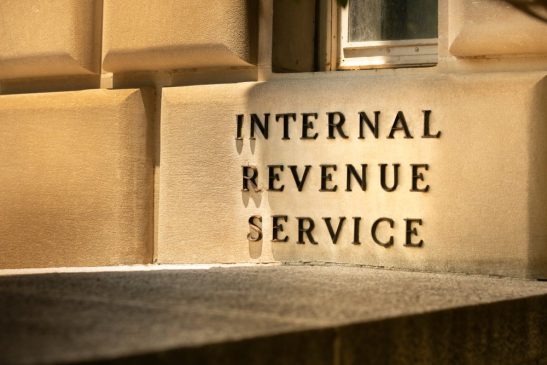By CCN Markets: The IRS will soon hunt down bitcoin users who don’t pay taxes by criminally prosecuting them en masse. That’s the prediction of IRS tax investigator Gary Alford, who says the agency is ready to clamp down on crypto tax evaders.
Alford says the IRS has usually been lax about pursuing new tax cases due to the rapidly-evolving tech industry. In other words, the law has often not kept up with technological advances. But Alford says this time, the IRS is “ahead of the curve.”
The Internal Revenue Service will release new guidance for cryptocurrencies in late-June or July.
Tax Agent: Juries Are More Crypto-Savvy
Alford made the remarks during a panel discussion about the tax consequences of cryptocurrencies, Forbes reported.
Specifically, Alford noted that it would be easy for a prosecutor to convince a jury to convict a bitcoin tax evader now that the public is more familiar with crypto. He says it would have been harder to prosecute a crypto tax evasion case before because most jurors had never heard of bitcoin until recently.
“We’re usually behind the curve. But in this case, we are ahead of the curve. We already are aware that there were cases to be made. We just didn’t know if we were at the point where we can bring it for criminal prosecution. We believe we are at that point now. If we had 12 jurors and told them someone made all their money in bitcoin, we believe that they would understand.”
Gary Alford is the IRS special agent who rose to fame in 2013 for his role in the Silk Road online drug trafficking case, which resulted in the arrest of Ross Ulbricht.
Ulbricht is currently serving a double life sentence for operating the infamous Silk Road marketplace, which facilitated the sale of illegal drugs. Ulbricht, 35, is not eligible for parole.
Tax Partner: Crypto Transactions Are Taxable
Alford says recreational bitcoin investors should not delude themselves into believing that the IRS is not aware that many of them don’t pay taxes on their crypto capital gains. He warned them that Uncle Sam is onto them.
Walter Pagano, a tax partner at accounting firm EisnerAmper, echoed similar sentiments. Pagano previously worked at the IRS and the U.S. Treasury Department.
Pagano urged financial advisers to make sure that their clients pay taxes on their crypto capital gains because those profits are taxable in the same way that cap gains on stock investments are.
“The word has been out for many, many years now that virtual currency transactions generally are taxable. The one time that we can really say with clarity that there’s no taxable event is when a person first buys virtual currency with fiat, the U.S. dollar. That’s merely a purchase.”
Here Is What Is Taxed
As CCN reported, not every crypto transaction is taxed. However, you are required to report cryptocurrency as income if you did the following:
- Sold bitcoin (or any other crypto).
- Converted bitcoin to fiat currency.
- Used cryptocurrencies to pay for goods or services.
- Received free crypto through a fork or an airdrop.
Your transactions are not taxed if you:
- Bought bitcoin but never sold it.
- Gave crypto as a gift to a friend or family member, and the gift was less than $15,000.
- Purchased crypto with a Self-Directed IRA or Solo 401(k).





